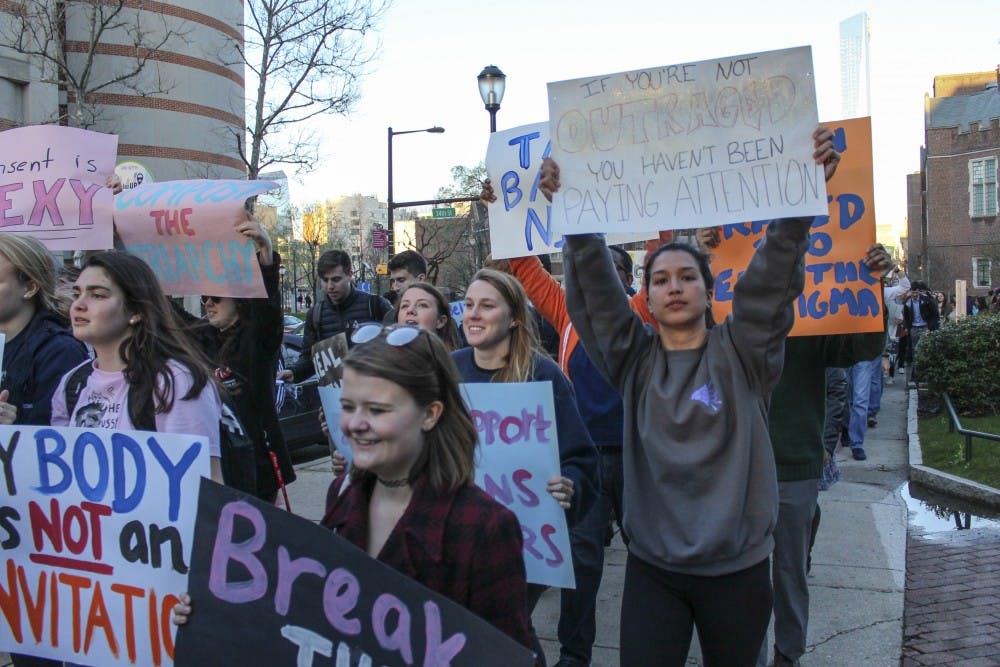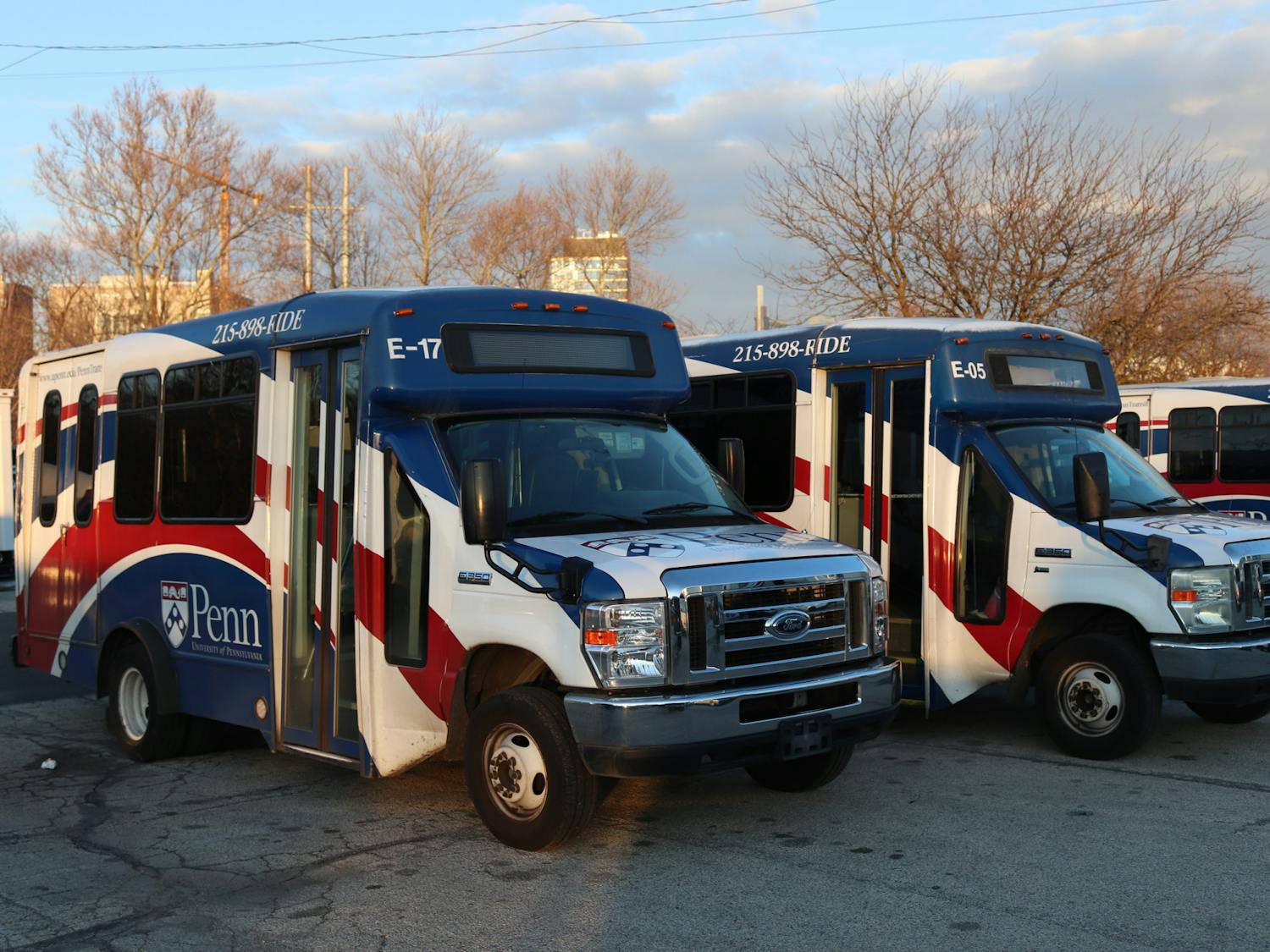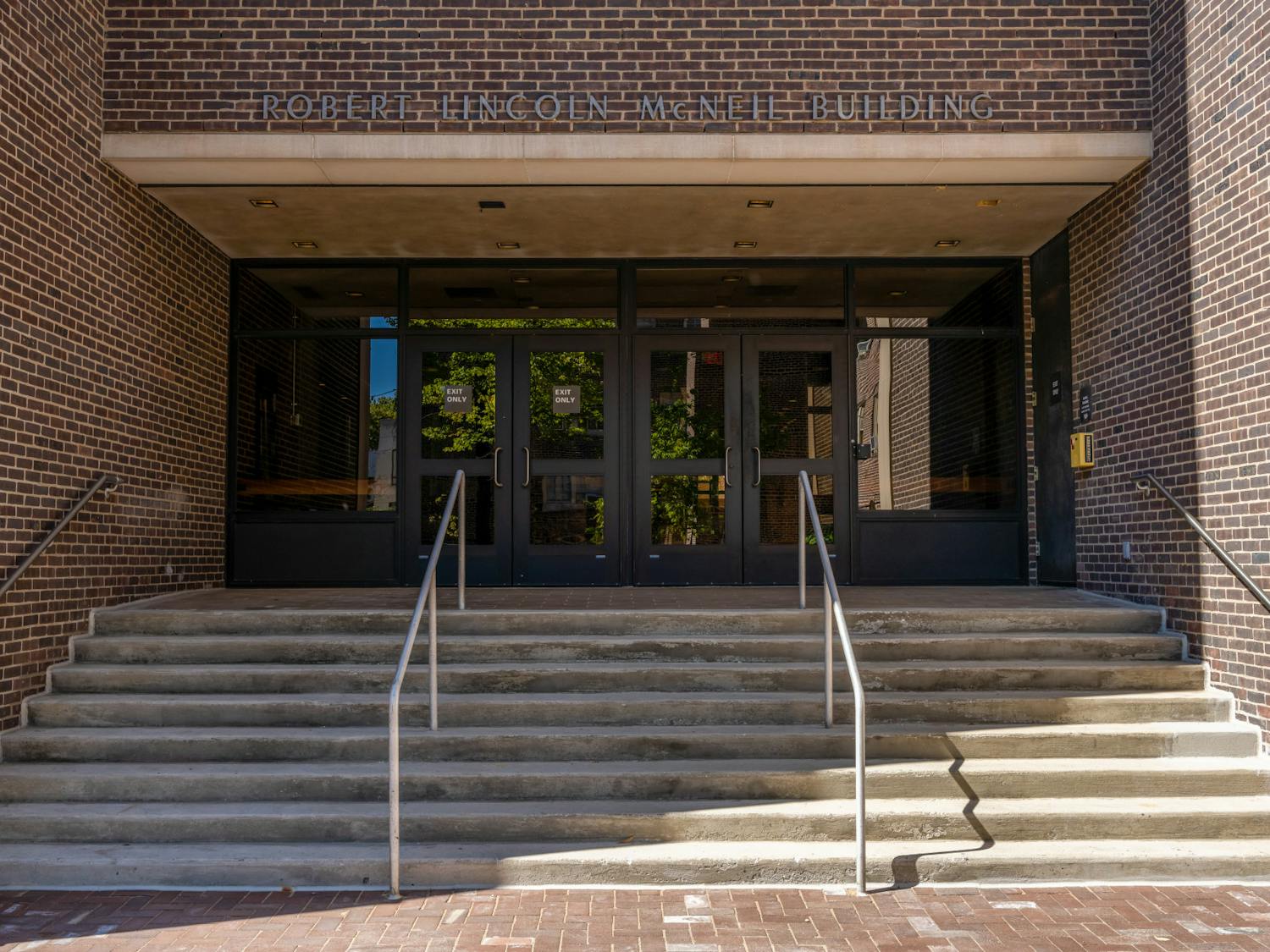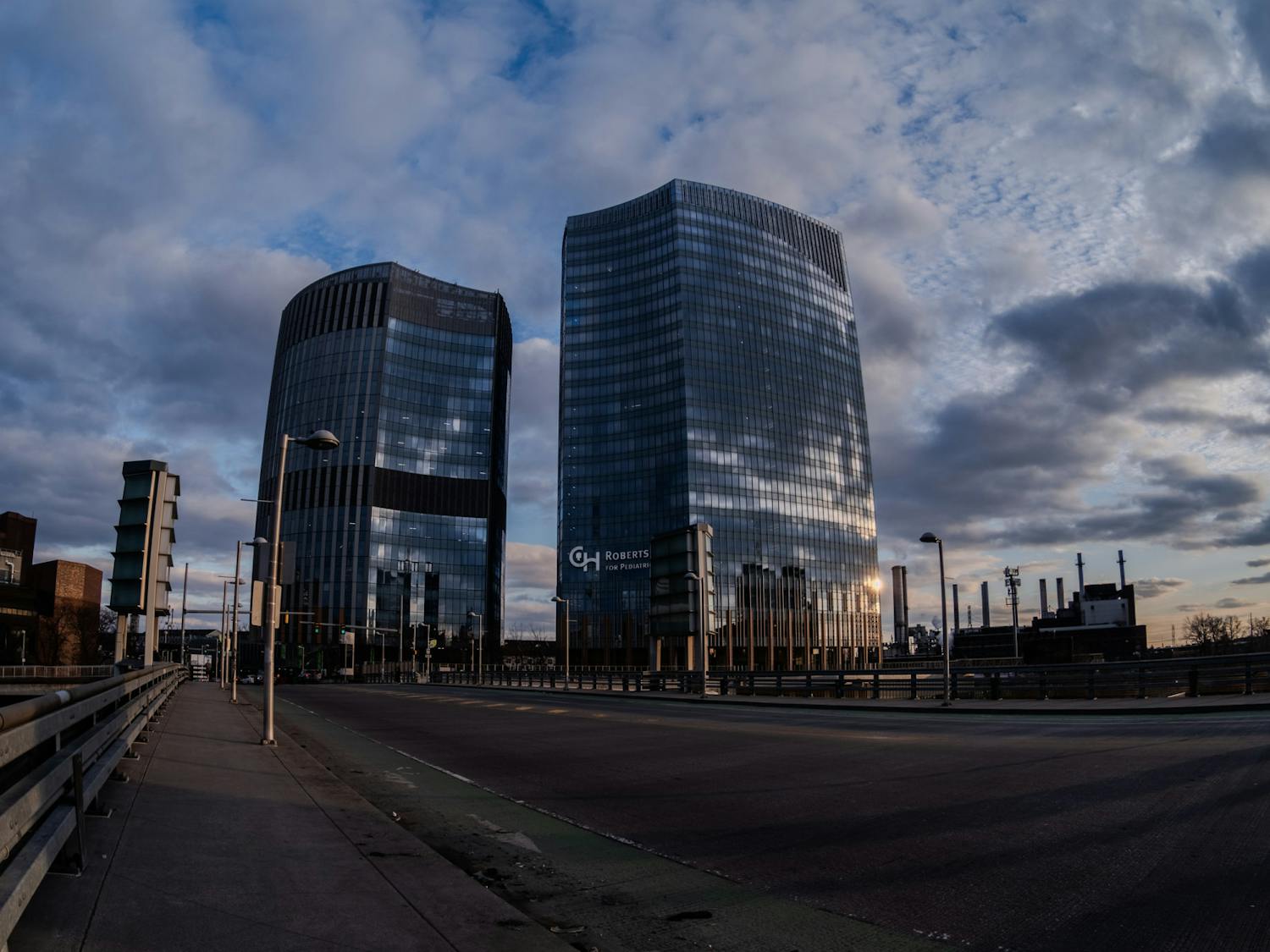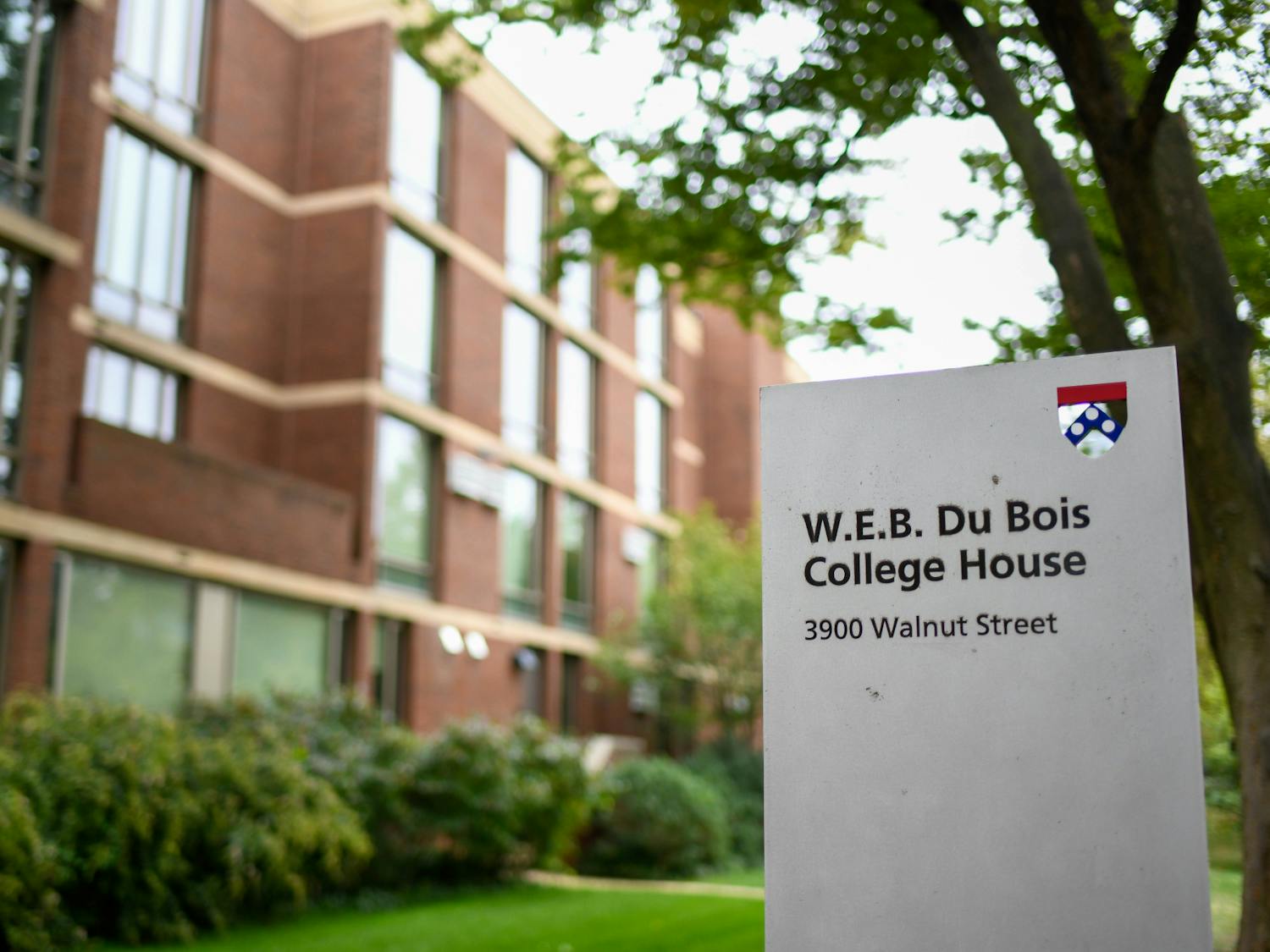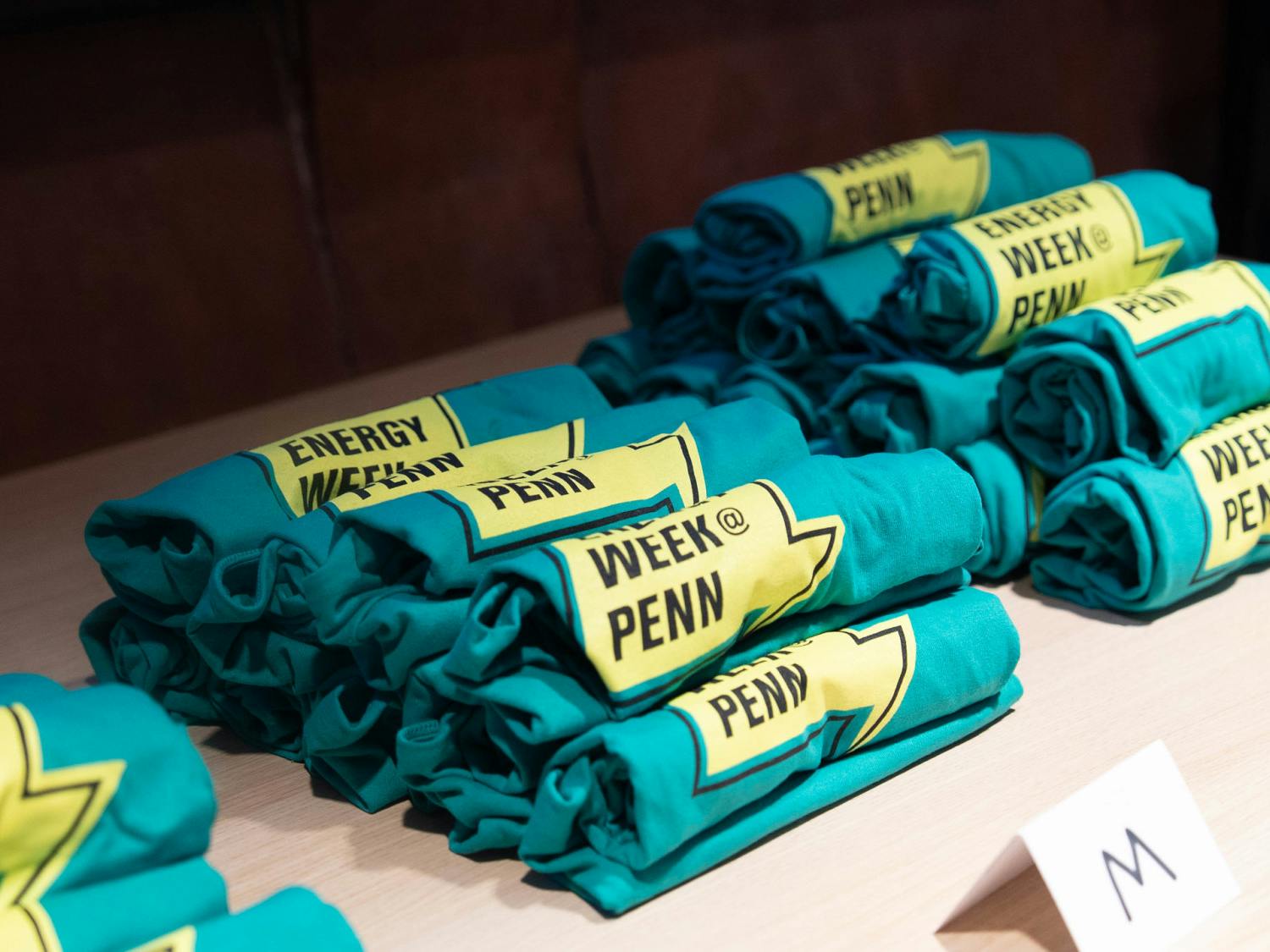Drums and shouts of “No more silence; no more violence!” filled the air as marchers made their way down Locust Walk Thursday night, waving signs and chanting against sexual assault.
The Take Back the Night march is an annual peaceful protest organized by Abuse and Sexual Assault Prevention. A rally in Houston’s Hall Bodek Lounge preceded the march, featuring writer and activist Rachel McKibbens as a keynote speaker, as well as a performance by the Quaker Notes a cappella group.
McKibbens discussed sexual, domestic and relationship abuse. Her personal accounts particularly highlighted the identification of violence and the recovery process that follows. “There is not one healing path for everyone,” she said. “Tonight is not what fixes [rape culture], but hopefully it will be a catalyst: a way in which we interrupt silence, make the proper noise, as well as know when to listen.”
“I thought she was extremely moving,” College sophomore Erica Rego said. “The things she said resonated with my experiences, and even people who aren’t survivors of sexual assault could relate to what she was saying about not feeling comfortable in your own body and the normalization of violence.”
After the march, the protestors returned to Houston Hall for a candlelight vigil and a survivor speak-out. Carnations and snaps from the audience greeted the survivors of sexual assault who chose to share their experiences and reflect on their recoveries.
This year, ASAP changed the program form to make it more open and adaptable to people’s preferences. For example, in previous years, the Penn Women’s Center would open after the survivor-speak out as an area to “decompress,” according to Isabella Auchus, College senior and chair of ASAP. This year, it opened earlier and made itself available to participants after the march, to “make the event more accessible based on people’s comfort levels,” she said.
Auchus said she hoped that the event would be both an uplifting demonstration of support for people personally affected by sexual assault and an illuminating learning experience for newcomers. First-time participant of the march, Engineering junior Tage Das, thought so.
“The numbers and enthusiasm I see are really important,” he said. “It shows that there is a significant number of people who take this issue seriously enough to make an event out of it. The real stories told are heartbreaking and horrifying, but we have to look at them in the eye.”
While the event offered a fresh perspective on sexual assault for many, Auchus said that its main purpose is to “shine a spotlight on survivors” — and to celebrate the empowerment of solidarity and speaking out.
“Who we are is not what happened to our bodies,” McKibbens said. “We can name an atrocity and still dance in its aftermath.”


